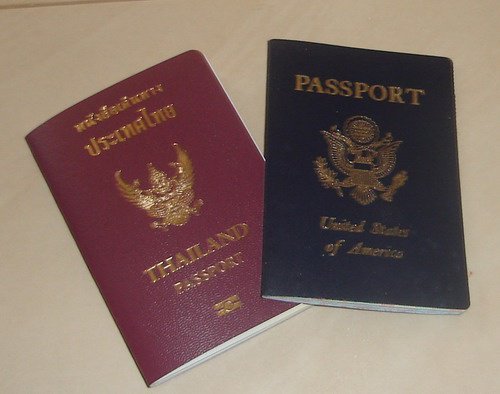Indian citizens can opt for four passport types: regular (blue), white, orange (ECR status), and maroon (diplomatic). Here, we focus on the specifics of diplomatic passports with their distinctive maroon cover.
Eligibility For Maroon Passport
The maroon passport, also known as Type D and classified as Non-ECR, is reserved for individuals with diplomatic status in India. This includes high-profile government officials, diplomats representing India abroad, and esteemed employees of the Indian Administrative Service (IAS), Indian Police Service (IPS), and Indian Foreign Service (IFS).
Applying For A Maroon Passport
One must travel overseas on official government business to apply for a maroon passport. Regular citizens are not eligible for this type of passport if their travel is not work-related. The application process involves visiting the official Passport Seva website, creating an account, and filling out the online form for a Diplomatic/Official Passport.
Required Documents For Maroon Passport
For a maroon passport, the required documents include an official request letter, a political clearance certificate from the Prime Minister’s Office, a completed application copy, and foundational documents like PAN and Aadhar. Additional documents like the Certificate of Surrender or Safe Custody may be needed if the original diplomatic passport is unavailable.
Advantages Of A Maroon Passport
Diplomats and government officials with maroon passports enjoy several advantages during their official travels:
- Efficient Airport Procedures: Maroon passport holders use separate airport channels to expedite boarding and check-in processes.
- Immigration Privileges: They are exempt from answering immigration inquiries or undergoing arbitrary passenger inspections.
- Tax Exemptions: Travel expenses incurred with a maroon passport are not subject to taxes.
- Visa Exemptions: Regardless of the duration of their stay, maroon passport holders do not require a visa for foreign travel.
- Simplified Immigration: The immigration process is smoother for diplomatic passport holders.
- Diplomatic Privileges: They benefit from various diplomatic privileges in the host nation.
Distinguishing Features Of Maroon Passport
Unlike regular, diplomatic passports must be returned upon completing official duties. The key differences include:
Validity Period: Maroon passports typically have three to five years of validity, while regular passports for adults are valid for ten years.
Usage Objective: Maroon passports are exclusively for official government business, whereas regular passports serve personal and business travel purposes.
Comparison With Regular Passport
While diplomatic passport holders can apply for regular passports, the reverse is untrue. Disclosing diplomatic status during regular passport application is crucial to avoid penalties. Regular passport holders must ensure comprehensive protection when travelling abroad, considering that diplomatic passports are exclusively for official government-sponsored business travels.
Diplomatic passports offer numerous advantages but are strictly for official government-related travel. Many individuals with diplomatic passports also possess regular passports for personal trips. For comprehensive protection during travel, including passport loss, obtaining international travel insurance is advisable. Claims are subject to terms and conditions set forth under the travel insurance policy. *
Travel insurance providers offer a range of travel insurance plans, ensuring efficient and hassle-free online assistance for domestic and international claims. International travel insurance is often deemed mandatory in some nations, providing essential coverage and protection for travellers during their journeys. Claims are subject to terms and conditions set forth under the travel insurance policy. *
By understanding the nuances of the maroon passport and its applications, individuals can navigate the intricacies of international travel with clarity and compliance.
*Standard T&C Apply
Disclaimer: The content on this page is generic and shared only for informational and explanatory purposes. It is based on several secondary sources on the internet and is subject to changes. Please consult an expert before making any related decisions.
Insurance is the subject matter of solicitation. For more details on benefits, exclusions, limitations, terms, and conditions, please read the sales brochure/policy wording carefully before concluding a sale.




